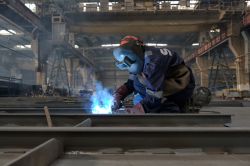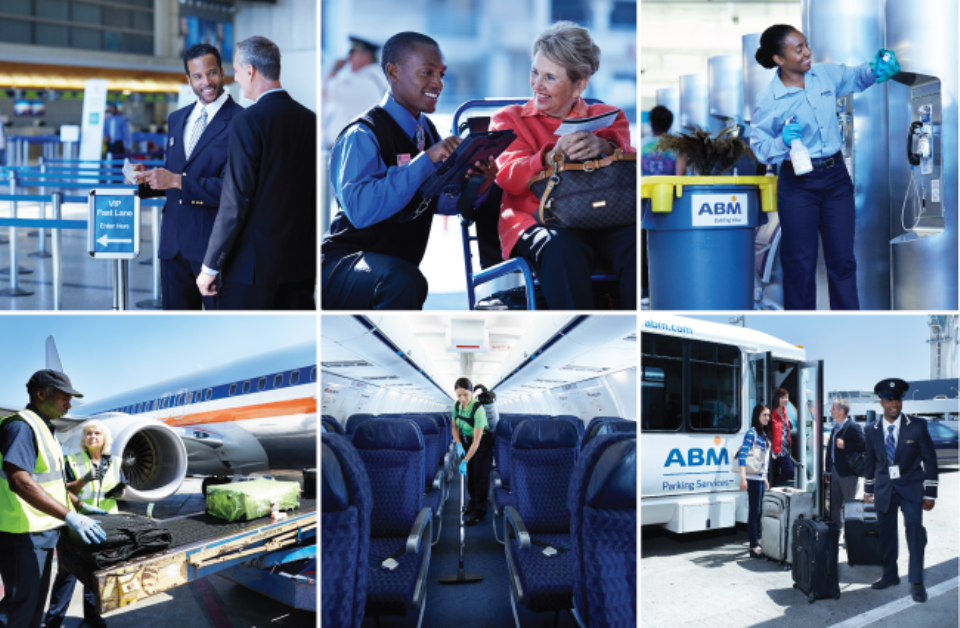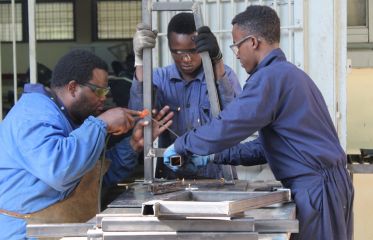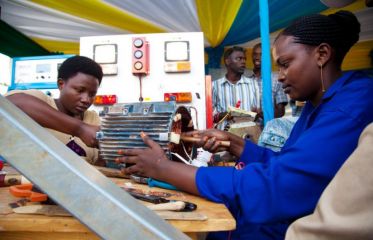Those who are considering an aviation career have probably had positive thoughts about the above three points. Now, to pick the specific aviation career that will be best for them. Here are 10 options that hold the greatest promise.
1.Pilot: This is probably the most common career that comes to mind when people think of a career in aviation. There is the requirement of significant schooling, and aviation degree and getting a pilot license. Pilots make good money, both commercial and corporate.
2. Test Pilot: this is a less well-known aviation career, but a lucrative one. When major aircraft manufacturers design and build new planes, they need pilots to test them. The requirements are similar – flight school with a degree and a pilot’s license. Job prospects are good for those who are willing to re-train as new technology is developed.
3. Aeronautical Engineer: This position requires a higher education, of course, and usually a graduate degree. But the field has an unlimited future – research, development, design of aircraft – it’s how we transport people and things.
4. Aerospace Engineer: this is another aviation career with an unlimited future. Think in terms of spacecraft, middles, drones, and satellites. Graduate school will be a must, along with continued education and training.
5. Air Traffic Controller: this is a stressful position, and we have all seen films of controllers in horrible circumstances when airplanes are in distress or danger. These are not the only jobs, however. There are computer centers when much of the monitoring is done. As technology continues to disrupt this career field, there will be some decline in demand. But there will always be the need for techies in this field.
6. Aircraft Interior Technician: Designing the interiors of aircraft is an aviation career that involves many skills – it’s much more than an interior design position. Creating space that is aerodynamically appropriate and yet accommodates all of the needs of crew and passengers is a feat, and as designs change, so will interiors. Technology will figure highly in this career field, especially in the development of models.
7. Avionics Technician: This career in aviation requires key skills in electronics, as the technician is responsible for maintaining all of the electronics systems in an airplane or in airports themselves. Many of the top earners have degrees in electrical engineering.
8. Flight Mechanic: No college degree required here, but there are FAA certifications to obtain. The career is as it states – just like auto mechanics, these craftsmen repair and maintain the mechanical components of a plane. Those who get an Airframe & Powerplant License are more in demand and will have better pay.
9. Grounds Crew/Flight Attendants: for those who want to get around aviation without the demand of education and training beyond high school, a grounds crew or flight attendant position may be a good option. These do not require special skills beyond the training that airlines provide upon hire. Flight attendants may find pay more lucrative with some of the major foreign airlines, as there is great demand for English-speaking attendants.
10. Security: From on-flight marshals in disguise to TSA agents at the gate, there are a myriad of jobs involved with airport and airline security. All of these are government positions, through the FAA or homeland Security, and the pay is good for higher-level positions with degrees.































